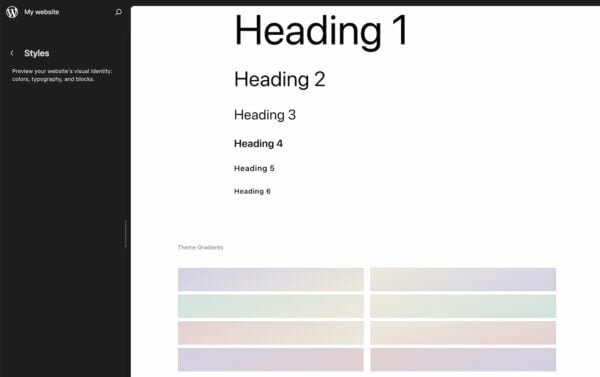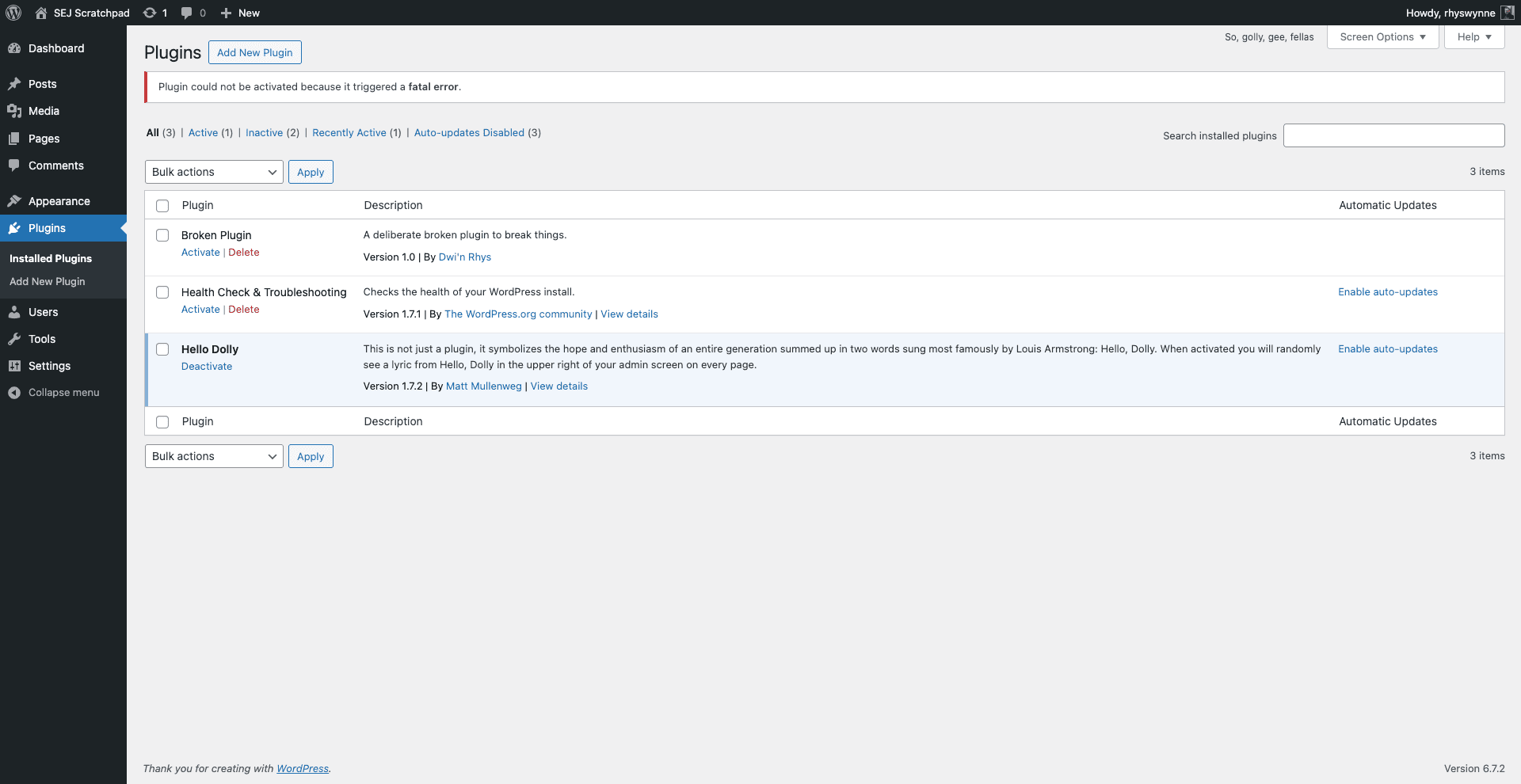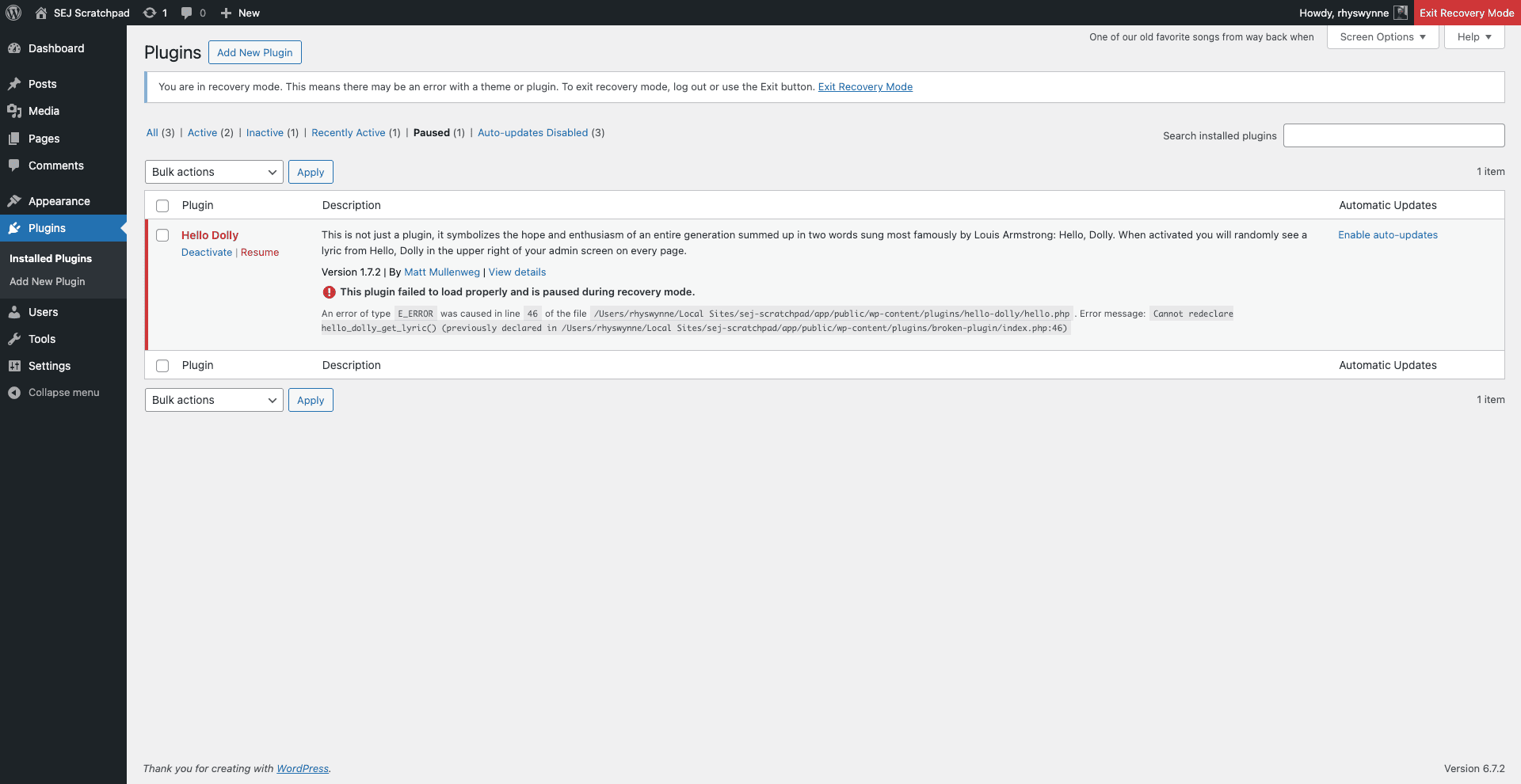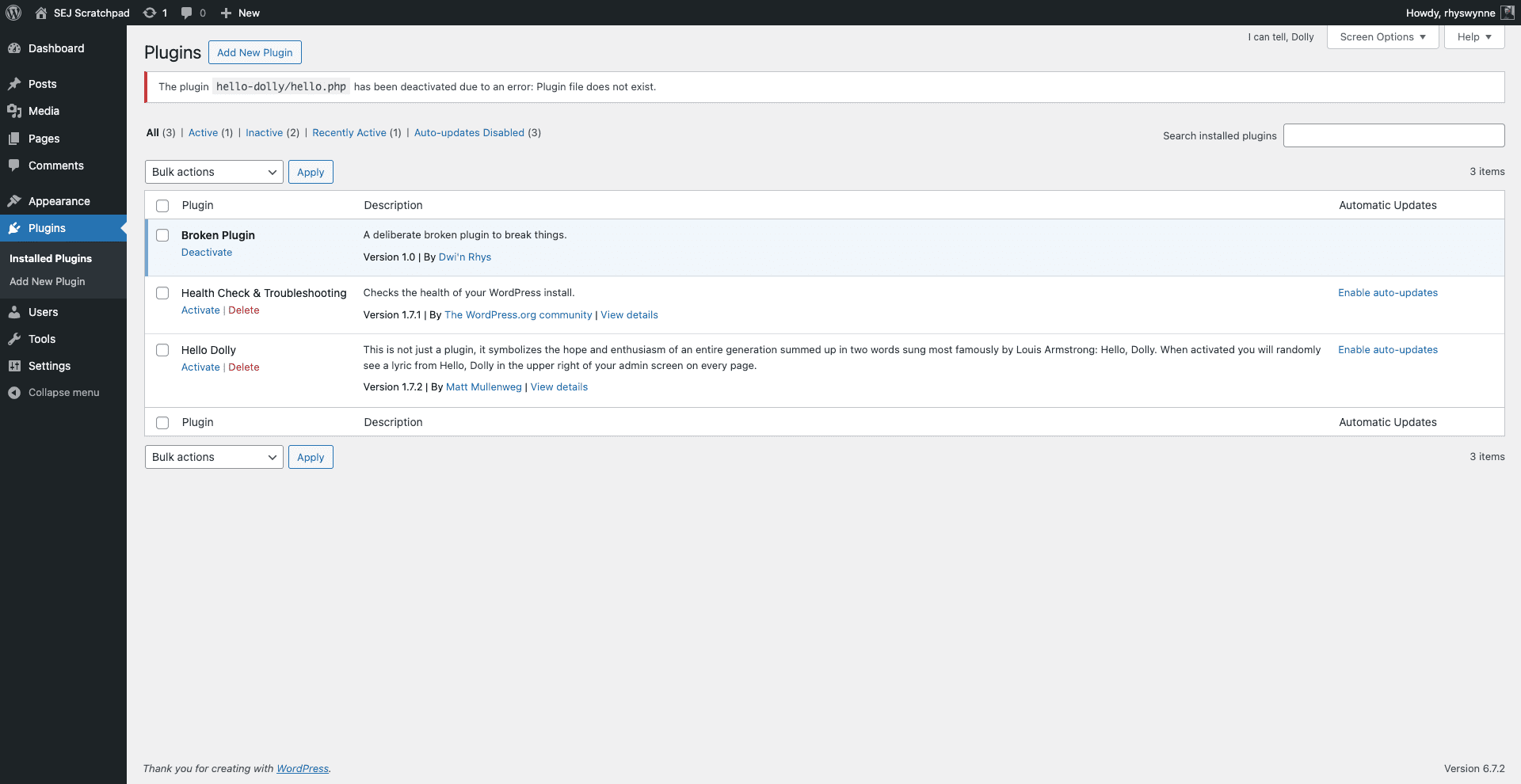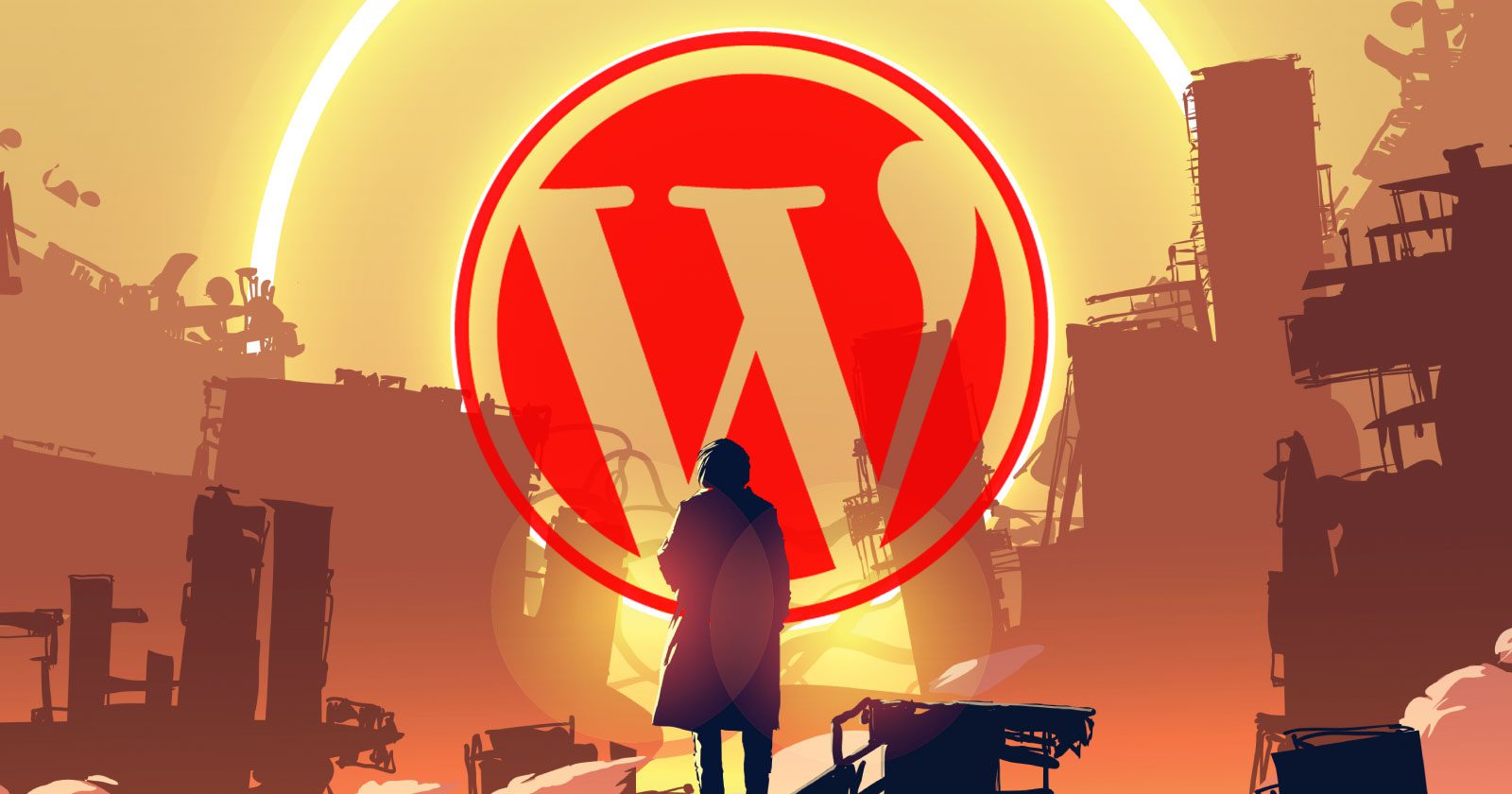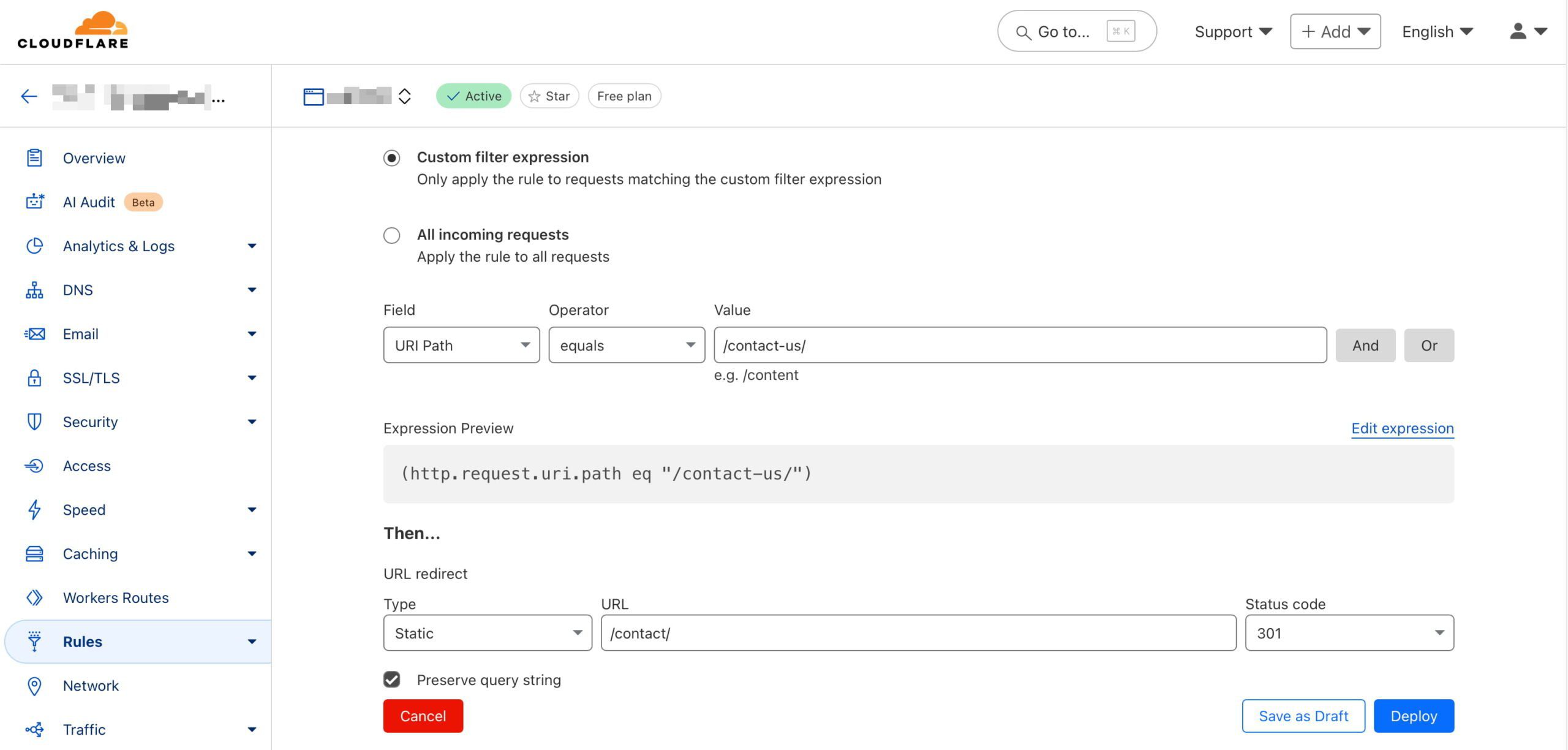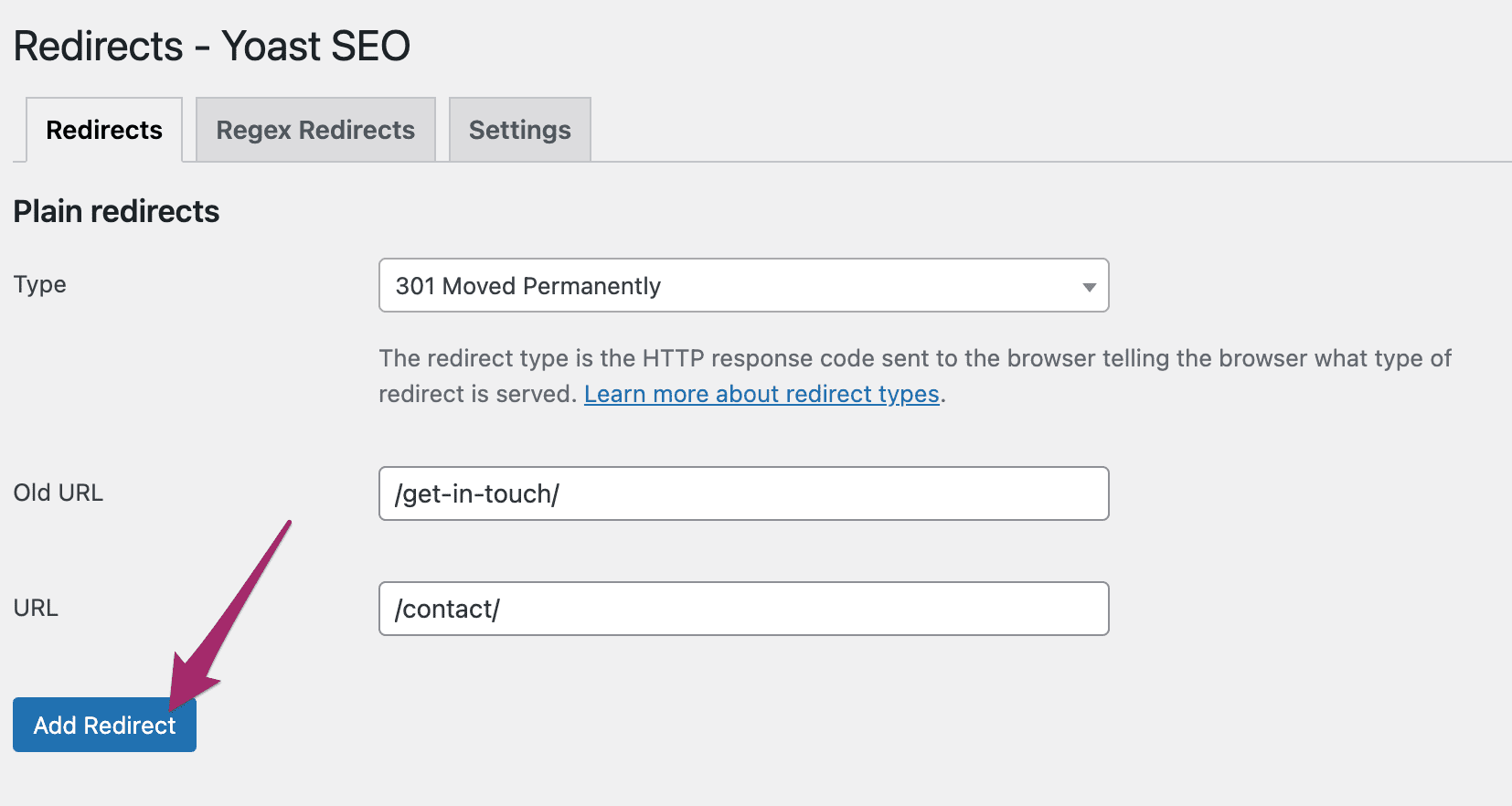WordPress is a popular choice when it comes to building ecommerce websites. Currently, over 4 million live stores are powered by WooCommerce, which runs on the WordPress platform.
The platform offers countless benefits for online sellers. So, it’s easy to see why so many ecommerce merchants choose WordPress for their business.
But, is it really the best choice for your business?
Let’s review some of WordPress’s pros and cons before making that decision.
WordPress For Ecommerce
Many big brand, successful ecommerce websites run on WordPress. But, should you trust WordPress’s capabilities to run an online store?
WordPress has some very obvious benefits for ecommerce sellers, but that’s not to say there are no downsides. You have to keep both the benefits and the downsides in mind before deciding whether or not you want to move forward with WordPress.
The Benefits
WordPress has a tight-knit, supportive community and lots of help available for whoever needs it.
The platform also empowers its users with powerful performance-tracking insights and optimization opportunities, which are not the only benefits of using WordPress for ecommerce.
There are more:
No Transaction Costs
If you are building an ecommerce store, you will be making some transactions on the website.
Some website builders and ecommerce platforms keep a percentage of every transaction that happens on the website as a fee. WordPress does not do that.
When using WordPress, you only have to pay the payment processing fee to your payment gateway provider. The website builder won’t charge anything.
This may make selling online using WordPress more cost-effective, especially for smaller businesses.
Besides that, WordPress also integrates seamlessly with numerous payment gateways apart from the most popular ones. You can use PayPal and Stripe, but WordPress also supports other, less popular, regional payment gateways.
WordPress Is Free
There’s no monthly subscription involved when it comes to WordPress.
You have to pay for the hosting, domain, and added functionality, but getting started is free.
This is unlike other platforms, which have a flat fee that you have to pay upfront before you can even get a feel for the platform.
Enhanced Customization
Your website needs to be visually appealing and stand out from the crowd. This will help you reinforce your unique brand identity and deliver a more memorable experience.
Unfortunately, many ecommerce platforms offer cookie-cutter websites that have the same layout and visual look and feel. This can make it harder for your brand to stand out and be unique.
WordPress, however, has thousands of themes that allow you to customize your site according to your business’s unique personality.
When you build a WordPress website, you also get access to the source code. This enables you to take your customization beyond simply adjusting the theme and transform every aspect of the website. The only requirement: development expertise.
WordPress also has thousands and thousands of plugins. These plugins can help you not just customize your website however you want, but also offer functionality that boosts the experience your business delivers online.
Website Ownership
Lots of hard work and resources have gone into launching your ecommerce store. You want to keep it under your ownership and wish to reserve the right to move it whenever you want to.
With WordPress, this is possible.
You have complete ownership of the website you build using WordPress. This includes the website content, as well as all its data and files, and you can use them as you please.
Flexibility In Hosting Options
Many popular ecommerce platforms provide managed hosting, which is great, but it can get problematic when your business grows or your priorities and goals evolve.
WordPress offers hosting as well, but it also allows you to buy hosting from third-party providers, so you can host your website wherever you want.
This flexibility in hosting options allows you to switch hosting providers as your business grows.
Not being tied to one hosting provider also allows you to take your website elsewhere if performance drops because of server issues on the host’s side.
Scalability
Your ecommerce business will eventually grow. It will attract more traffic and you’ll make more sales, so you need a website that can grow with you and support your plans.
With numerous plugins and hosting flexibility, WordPress offers the scalability you need when running a fast-growing business.
SEO-Friendly
About 33% of all traffic to ecommerce websites comes from organic searches. You know what this means: You cannot skip SEO when optimizing your website.
As amazing as your SEO strategy may be, it needs your ecommerce platforms support it.
The good thing about WordPress is that it has features and plugins to support your SEO efforts and boost its outcomes.
Marketing Integrations
SEO is just one part of your marketing strategy. There are other tactics you need to implement to maintain your growth trajectory.
WordPress supports numerous marketing integrations to help your email and social media marketing efforts.
It also has plugins for customer engagement and social proof to make sure your ecommerce store has everything it needs to generate value.
The Downsides
As amazing as WordPress may be for ecommerce, it has some downsides that you need to know before deciding whether you want to use it for your ecommerce store.
WordPress Is Not Very User-Friendly
Getting started on WordPress is free. It may be simple, too. However, running a successful ecommerce store on WordPress requires technical expertise.
There’s a learning curve involved in doing anything more than logging into WordPress to get started.
Support is available, and you can easily access hundreds of tutorials and help blogs, but learning to build a WordPress website from scratch with online tutorials requires time and effort.
Needs Regular Updates
WordPress’s core software, as well as the plugins, all get frequent updates. In most cases, you have to install these updates manually to make sure your website is up-to-date.
Failing to follow these updates can make your website more vulnerable to threats and increase the risk of it getting hacked or ransomed.
If you own or manage a WordPress website, you will have to spend time tracking all these updates and installing them promptly to avoid the risk of exploitation.
Securing The Website Is Your Responsibility
WordPress’s popularity and the large number of themes and plugins an average website uses make WordPress websites more vulnerable to security breaches.
While WordPress has a security team that constantly checks for security vulnerabilities in the core software and releases patches and updates, you have to install these updates on time to secure your website and avoid the risk of hacking.
Nearly 70% of WordPress websites run the latest version of the software, so 30% are at risk of vulnerabilities.
Manually tracking updates all the time and installing them is labor-intensive. That is why many business owners fall short and end up running a website that is more at risk of an attack.
Plugins Can Create Problems
WordPress plugins help you customize your website and offer enhanced functionalities, but they also have their own set of problems.
For one, installing too many plugins can bloat the code of your website and slow it down. In the ecommerce world, every second that your website fails to load properly means missed business.
Second, just like the core software, plugins also get security patches and updates that need to be installed.
Falling short on this end can lead to plugins introducing backdoor pathways into your website that malicious actors can exploit.
Even if you are all caught up on the updates, the plugins, unless thoroughly vetted before download, can be sketchy and make your website more vulnerable to attacks.
Plugins were responsible for 97% of all new security vulnerabilities in WordPress websites.
WordPress Is Not An Ecommerce Platform
WordPress is a content management system. It can support ecommerce websites, but it is not built to do that.
Other ecommerce platforms like Shopify and BigCommerce are built to help you sell online.
This is why WordPress may have some limitations when it comes to ecommerce, especially if compared with other big ecommerce players.
That’s not to say WordPress can’t do ecommerce. It can. You’ll just have to research and add a variety of plugins and manage the website well to maximize your chances of success.
WordPress Vs. Shopify And BigCommerce
Shopify and BigCommerce are also popular choices for building ecommerce websites.
How does WordPress fare against them? Is it better? Is it worse?
The truth is Shopify and BigCommerce are both managed platforms. They are designed to help people with no coding knowledge build and launch their ecommerce websites easily.
This is why, while WordPress may have a learning curve, Shopify and BigCommerce are both more user-friendly and easier to use.
However, WordPress still leads in customization and flexibility. Shopify and BigCommerce both have themes and apps with upgraded functionality and visual appeal, but they are limited compared to WordPress.
Final Word
WordPress has all that you need to build an ecommerce store. It supports payment gateways, has no transaction fee, and offers many plugins, but all of these benefits come with some downsides.
Managing a WordPress website can be time-consuming. There may be a learning curve involved, and if you slack on updates, your website may develop security vulnerabilities.
So, the choice between WordPress and some other managed ecommerce platform comes down to your business, goals, and priorities.
If you have the technical expertise and resources to dedicate to managing, maintaining, and updating a WordPress site, it may be a good option for you.
If you want a platform that makes building and running an ecommerce platform a breeze, you may want to look into other options.
More Resources:
Featured Image: SofikoS/Shutterstock






